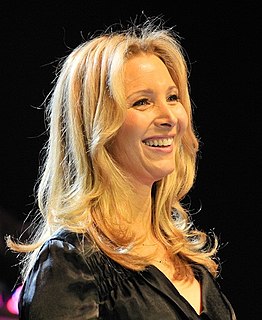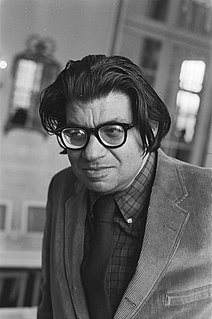A Quote by Boris Pasternak
I don't like purely philosophical works. I think a little philosophy should be added to life and art by way of seasoning, but to make it one's specialty seems to me as strange as eating nothing but horseradish." - Lara, from Doctor Zhivago
Related Quotes
It seems to me that your doctor [Tronchin] is more of a philosopher than a physician. As for me, I much prefer a doctor who is anoptimist and who gives me remedies that will improve my health. Philosophical consolations are, after all, useless against real ailments. I know only two kinds of sickness--physical and moral: all the others are purely in the imagination.
Poetry is a bad medium for philosophy. Everything in the philosophical poem has to satisfy irreconcilable requirements: for instance, the last demand that we should make of philosophy (that it be interesting) is the first we make of a poem; the philosophical poet has an elevated and methodical, but forlorn and absurd air as he works away at his flying tank, his sewing-machine that also plays the piano.
Philosophy - reduced, as we have seen, to philosophical discourse - develops from this point on in a different atmosphere and environment from that of ancient philosophy. In modern university philosophy, philosophy is obviously no longer a way of life, or a form of life - unless it be the form of life of a professor of philosophy.
In elaborating how "philosophy by showing" works, and in defending the idea that literature and music can contribute to philosophical "showing", I am also doing something more standardly philosophical. But I view most of the book as an interweaving of philosophy and literary criticism. If that entails a broadening of a standard idea of philosophy, it's a broadening I'd like to see happen.
It's only in bad novels that people are divided into two camps and have nothing to do with each other. In real life everything gets mixed up! Don't you think you'd have to be a hopeless nonentity to play only one role all your life, to have only one place in society, always to stand for the same thing?--Ah, there you are!" - Larissa Fyodorovna in Doctor Zhivago.
I use biography, I use literary connections (as with Platen - this seems to me extremely helpful for appreciating the nuances of Mann's and Aschenbach's sexuality), I use philosophical sources (but not in the way many Mann critics do, where the philosophical theses and concepts seem to be counters to be pushed around rather than ideas to be probed), and I use juxtapositions with other literary works (including Mann's other fiction) and with works of music.
Philosophy aims at the logical clarification of thoughts. Philosophy is not a body of doctrine but an activity. A philosophical work consists essentially of elucidations. Philosophy does not result in 'philosophical propositions', but rather in the clarification of propositions. Without philosophy thoughts are, as it were, cloudy and indistinct: its task is to make them clear and to give them sharp boundaries.
Logical investigations can obviously be a useful tool for philosophy. They must, however, be informed by a sensitivity to the philosophical significance of the formalism and by a generous admixture of common sense, as well as a thorough understanding both of the basic concepts and of the technical details of the formal material used. It should not be supposed that the formalism can grind out philosophical results in a manner beyond the capacity of ordinary philosophical reasoning. There is no mathematical substitute for philosophy.
SIR,-Your letter of February the 18th came to hand on the 1st instant; and the request of the history of my physical habits would have puzzled me not a little, had it not been for the model with which you accompanied it, of Doctor Rush's answer to a similar inquiry. I live so much like other people, that I might refer to ordinary life as a history of my own. Like my friend the Doctor, I have lived temperately, eating very little animal food, and that not as an aliment, so much as a condiment for the vegetables, which constitute my principle diet.





































